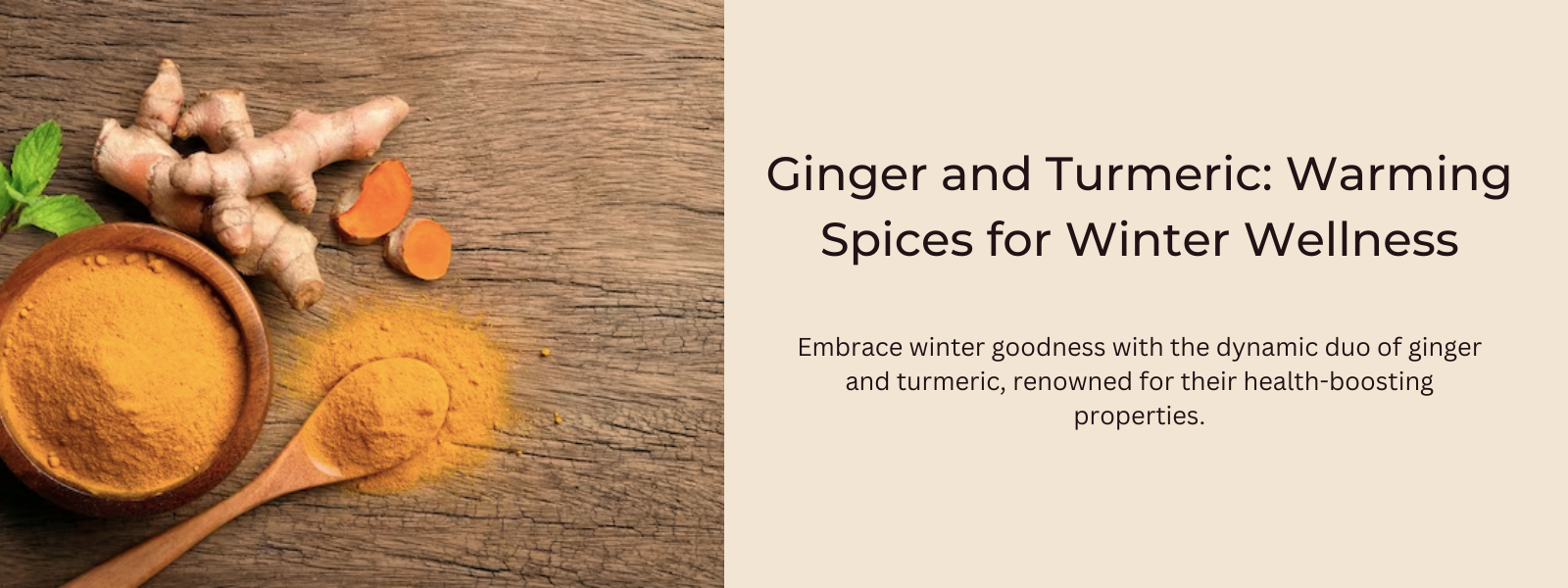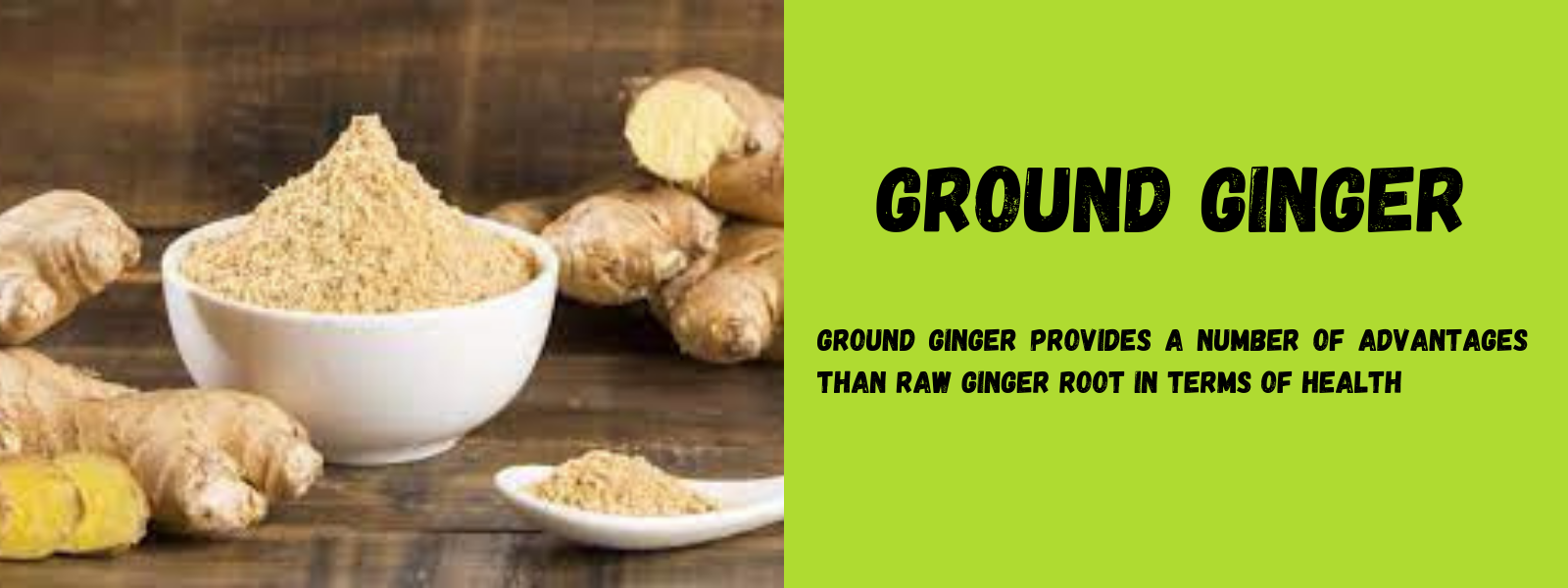Table of Contents
The term "Probiotic-Rich Herbs" might be a bit misleading. Probiotics are live beneficial bacteria that are commonly found in fermented foods and supplements. They play a crucial role in maintaining a healthy balance of microorganisms in the gut.
Herbs, on the other hand, are typically plants used for flavoring, culinary, or medicinal purposes. While herbs themselves don't contain live probiotics, certain herbs and plant-based foods do have prebiotic properties. Prebiotics are non-digestible fibers that promote the growth and activity of beneficial bacteria in the gut.
So, when people refer to "Probiotic-Rich Herbs," they might be talking about herbs that, due to their fiber content or other properties, support a healthy gut environment indirectly by providing a good environment for beneficial bacteria to thrive. These herbs, such as dandelion greens, chicory root, garlic, onion, leeks, asparagus, green bananas, Jerusalem artichoke, burdock root, and psyllium husk, are considered prebiotic-rich.
Benefits Of Probiotic- Rich Food:
Probiotic-rich foods offer a range of health benefits due to the presence of live beneficial bacteria, primarily from the Lactobacillus and Bifidobacterium genera. These bacteria contribute to a healthy balance of microorganisms in the gut, influencing various aspects of overall health. Here are some key benefits of consuming probiotic-rich foods:
- Improved Gut Health:
- Probiotics help maintain a healthy balance of bacteria in the gut, promoting digestive health and preventing the overgrowth of harmful bacteria.
- Enhanced Digestive Function:
- Probiotics support the breakdown and absorption of nutrients in the digestive tract, aiding in the digestion of complex carbohydrates and promoting overall digestive efficiency.
- Immune System Support:
- A significant portion of the immune system resides in the gut. Probiotics contribute to a balanced immune response, helping to defend against infections and supporting the body's immune function.
- Reduced Inflammation:
- Probiotics may help modulate inflammation in the body, contributing to a lower risk of chronic inflammatory conditions.
- Management of Irritable Bowel Syndrome (IBS):
- Probiotics have been studied for their potential to alleviate symptoms associated with irritable bowel syndrome, such as abdominal pain, bloating, and irregular bowel movements.
- Prevention of Antibiotic-Associated Diarrhea:
- Antibiotics can disrupt the balance of gut bacteria, leading to diarrhea. Probiotics may help prevent or reduce the severity of antibiotic-associated diarrhea by restoring the balance of beneficial bacteria.
- Management of Inflammatory Bowel Diseases (IBD):
- Some studies suggest that probiotics may have a role in managing inflammatory bowel diseases like Crohn's disease and ulcerative colitis by modulating inflammation and supporting gut health.
- Enhanced Nutrient Absorption:
- Probiotics contribute to the breakdown of certain nutrients, facilitating their absorption in the intestines and potentially improving overall nutritional status.
- Mood and Mental Health:
- The gut-brain axis is a bidirectional communication system between the gut and the brain. Probiotics may have a positive impact on mental health, potentially influencing mood and reducing symptoms of anxiety and depression.
- Support for Women's Health:
- Probiotics can help maintain a healthy balance of microflora in the vaginal area, reducing the risk of infections like bacterial vaginosis and yeast infections.
Probiotics-Rich Herbs:
While herbs themselves may not contain live probiotics, certain herbs and plant-based foods offer prebiotic and other properties that can support a healthier gut environment by nourishing beneficial bacteria. Prebiotics are non-digestible fibers that promote the growth and activity of probiotics, the beneficial bacteria in the gut. Here are details about some prebiotic-rich herbs and foods:
- Dandelion Greens:
- Features: Dandelion greens are rich in fiber, particularly inulin, which acts as a prebiotic. Inulin supports the growth of beneficial bacteria in the gut, contributing to improved gut health.
- Chicory Root:
- Features: Chicory root contains inulin, a prebiotic fiber that serves as food for probiotics. It can enhance the growth and activity of beneficial bacteria in the gut, promoting a balanced microbiome.
- Garlic:
- Features: Garlic has prebiotic properties, providing sustenance for beneficial gut bacteria. It also contains allicin, a compound with potential antimicrobial effects that can support a healthy gut environment.
- Onion:
- Features: Onions are a good source of prebiotic fibers, including inulin. These fibers help feed probiotics in the gut, fostering a diverse and thriving microbiota.
- Leeks:
- Features: Leeks contain prebiotic fibers, including inulin and fructooligosaccharides (FOS), which can support the growth of beneficial gut bacteria and contribute to a balanced microbial community.
- Asparagus:
- Features: Asparagus is rich in inulin, a prebiotic fiber that stimulates the growth of probiotics in the gut. Including asparagus in your diet can contribute to a more robust microbiome.
- Banana (Green/Unripe):
- Features: Green bananas contain resistant starch, a prebiotic that acts as food for beneficial bacteria. Resistant starch promotes the production of short-chain fatty acids, which are beneficial for gut health.
- Jerusalem Artichoke:
- Features: Jerusalem artichoke is a potent source of inulin, serving as a prebiotic that supports the growth of probiotics in the gut. Including this root vegetable in your diet can contribute to a healthier microbiome.
- Burdock Root:
- Features: Burdock root contains inulin and other fibers that act as prebiotics. These compounds provide nourishment for beneficial gut bacteria, contributing to a balanced and diverse microbiota.
- Psyllium Husk:
- Features: Psyllium husk is a soluble fiber that can act as a prebiotic. It helps support digestive health by promoting the growth of beneficial bacteria in the gut.
Benefits Of Healthy Guts:
A healthier gut is associated with numerous benefits for overall well-being. The gut plays a crucial role in various physiological functions, and maintaining its health can positively impact different aspects of the body. Here are some key benefits of having a healthier gut:
- Improved Digestive Function:
- A healthier gut promotes efficient digestion, absorption, and assimilation of nutrients, contributing to overall digestive well-being.
- Balanced Gut Microbiota:
- A diverse and balanced population of microorganisms in the gut microbiota supports immune function, prevents overgrowth of harmful bacteria, and helps maintain microbial equilibrium.
- Enhanced Nutrient Absorption:
- A healthy gut lining facilitates the absorption of essential nutrients, ensuring that the body receives the necessary vitamins, minerals, and other nutrients from the food consumed.
- Stronger Immune System:
- The majority of the body's immune cells are found in the gut-associated lymphoid tissue. A healthy gut microbiota contributes to a robust immune system, aiding in the defense against infections and illnesses.
- Reduced Inflammation:
- A well-maintained gut helps regulate inflammation, preventing chronic inflammation that is associated with various health conditions, including autoimmune disorders.
- Optimized Metabolism:
- A healthy gut can positively influence metabolism and energy balance, potentially contributing to weight management and metabolic health.
- Improved Mental Health:
- The gut-brain axis, a bidirectional communication system between the gut and the brain, plays a role in mental health. A healthy gut is linked to better mood, reduced stress, and a lower risk of mental health disorders.
- Better Cardiovascular Health:
- Emerging research suggests a connection between gut health and cardiovascular health. A healthier gut may contribute to lower levels of certain risk factors for cardiovascular diseases.
- Balanced Blood Sugar Levels:
- Maintaining gut health may support better blood sugar control, reducing the risk of insulin resistance and type 2 diabetes.
- Support for Joint Health:
- A well-balanced gut microbiota is associated with lower levels of inflammation, which can positively impact joint health and reduce the risk of inflammatory joint conditions.
- Reduced Risk of Gastrointestinal Disorders:
- A healthier gut may lower the risk of gastrointestinal disorders such as irritable bowel syndrome (IBS), inflammatory bowel diseases (IBD), and other functional gut disorders.
- Improved Skin Health:
- Some skin conditions, like acne and eczema, may be influenced by gut health. A balanced gut microbiota can contribute to healthier skin.
Quick Tips For Better Gut Health:
Here are some quick tips for promoting gut health:
- Eat a Diverse Diet:
- Consume a variety of fruits, vegetables, whole grains, and legumes to provide a range of nutrients and fibers that support a diverse gut microbiota.
- Include Fermented Foods:
- Incorporate fermented foods such as yogurt, kefir, sauerkraut, kimchi, and miso into your diet. These foods contain live beneficial bacteria.
- Stay Hydrated:
- Drink plenty of water to support overall digestive function and maintain the mucosal lining of the intestines.
- Limit Artificial Sweeteners:
- Some artificial sweeteners may disrupt gut bacteria. Limit their intake and choose natural sweeteners in moderation.
- Manage Stress:
- Practice stress-reducing techniques such as deep breathing, meditation, or yoga, as stress can impact the gut-brain axis and gut health.
- Exercise Regularly:
- Engage in regular physical activity, as exercise has been linked to a healthier gut microbiota.
- Get Adequate Sleep:
- Prioritize good sleep hygiene to support overall health, including gut health.
- Limit Antibiotic Use:
- Take antibiotics only when prescribed by a healthcare professional, and follow their instructions. Antibiotics can disrupt the balance of gut bacteria.
- Consider Probiotic Supplements:
- If needed, consult with a healthcare professional about incorporating probiotic supplements into your routine to support gut health.
- Chew Your Food Thoroughly:
- Chewing food well aids in the digestive process and promotes the absorption of nutrients in the gut.
- Include Prebiotic-Rich Foods:
- Consume foods rich in prebiotics, such as garlic, onions, bananas, asparagus, and leeks, to nourish beneficial gut bacteria.
- Limit Processed Foods:
- Reduce the intake of highly processed and sugary foods, as they may negatively impact gut health.
- Incorporate Fiber:
- Increase your dietary fiber intake through whole grains, legumes, fruits, and vegetables to support a healthy gut microbiota.











Leave a comment